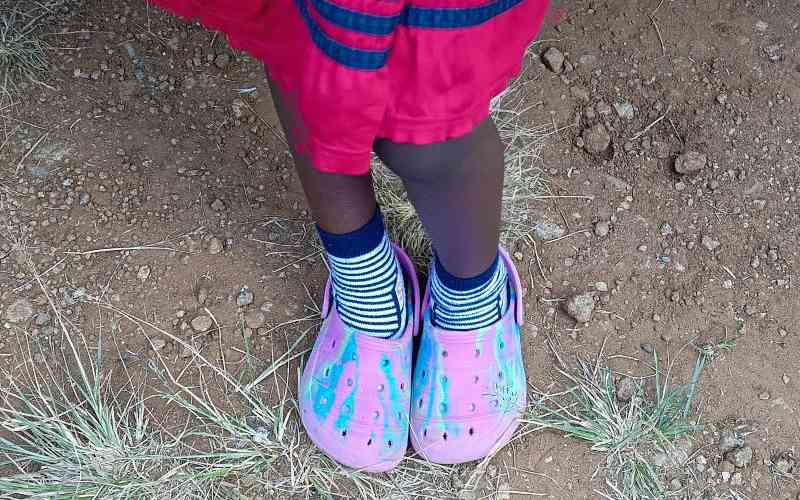×
The Standard e-Paper
Join Thousands Daily

Atieno* received a call from her daughter's teachers, asking her to rush to school.
On arrival, she was told that her 16-year-old daughter Nekesa*, was sick with a sexually transmitted infection (STI) that had left her with grotesque wounds in her private parts.